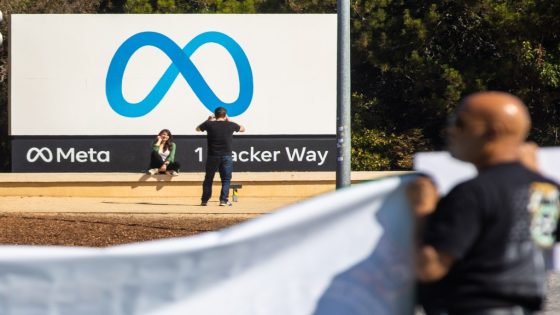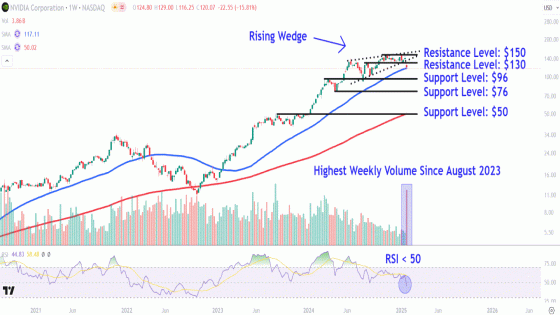HoYoverse, the developer of the popular game Genshin Impact, has agreed to pay a $20 million fine following allegations from the Federal Trade Commission (FTC) regarding its marketing practices. The FTC claims that Genshin Impact misled children and other players about the costs and odds of in-game purchases, violating the Children’s Online Privacy Protection Act.
- Genshin Impact faces FTC scrutiny.
- HoYoverse fined $20 million for practices.
- Accusations of targeting children with marketing.
- Changes include parental consent for purchases.
- Loot box odds must be disclosed clearly.
- Fine is minimal compared to revenue.
The FTC’s investigation revealed that Genshin Impact employed “dark pattern” tactics, which are designed to confuse consumers about spending and prize odds. The company is accused of marketing the game to children while also collecting their personal data without parental consent. As part of the settlement, Genshin Impact will implement several changes to its practices, including:
- Restricting children under 16 from spending money on loot boxes without parental consent.
- Deleting personal information of players under 13 until parental permission is obtained.
- Ensuring that loot boxes can be purchased with clearly labeled real money values.
- Accurately disclosing odds and exchange rates for loot boxes.
Despite the fine, which is relatively small compared to Genshin Impact’s earnings—reportedly over $1 billion in its first six months—the implications of the FTC’s ruling may resonate in the gaming industry. The game has been incredibly successful, generating substantial revenue, but the FTC’s actions serve as a warning to other developers about the potential consequences of deceptive marketing practices.
These changes will primarily affect operations in the united states, leaving other regions, particularly in Asia where gacha games thrive, unaffected. This ruling follows similar actions against other games, such as Fortnite, which faced a $72 million settlement for similar issues. While the $20 million fine may seem minimal, it highlights increasing scrutiny over how games engage with younger audiences.
The FTC’s decision marks a significant step in holding gaming companies accountable for their marketing strategies. As the gaming landscape continues to evolve, transparency in in-game purchases will likely become a critical focus for developers worldwide.

































